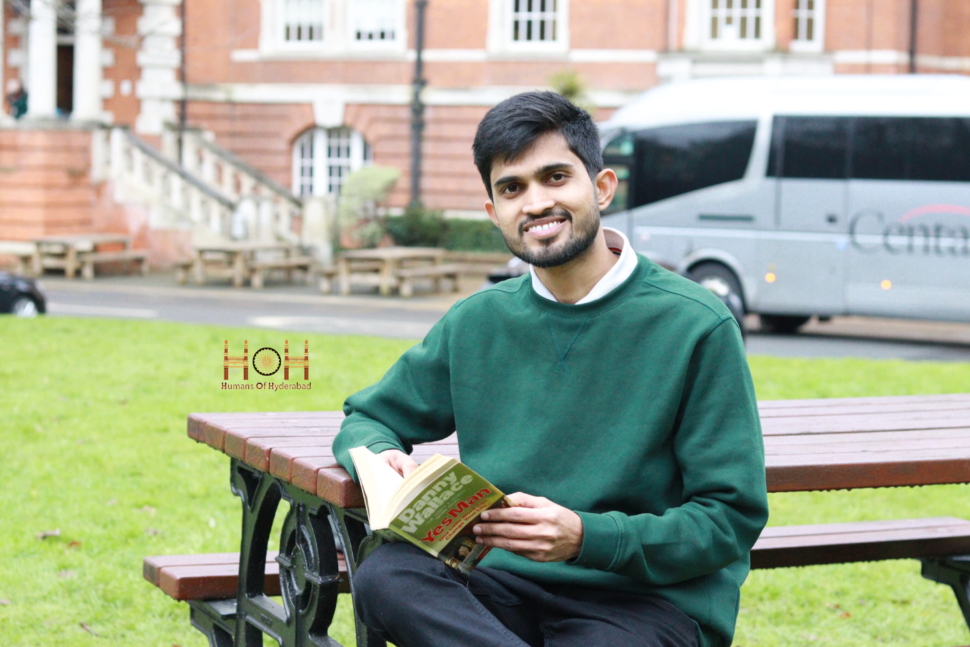I grew up in a farming family where agriculture wasn’t just work—it was part of who we were. But as I got older, I saw something that didn’t sit right with me. Despite all their hard work, farmers were struggling. They didn’t always have access to the right resources, reliable information, or a support system they could trust. It wasn’t fair. I didn’t want to be someone who just acknowledged the problem and moved on—I wanted to do something about it.
After completing my schooling in my hometown, Devarakonda, I moved to Hyderabad for my intermediate studies. My goal was to get into agriculture, but when I didn’t clear EAMCET on my first attempt, it felt like everything had come crashing down. Still, giving up wasn’t an option. I took a gap year, studied harder, and eventually secured admission for a B.Sc. in Agriculture at a college in Maharashtra.
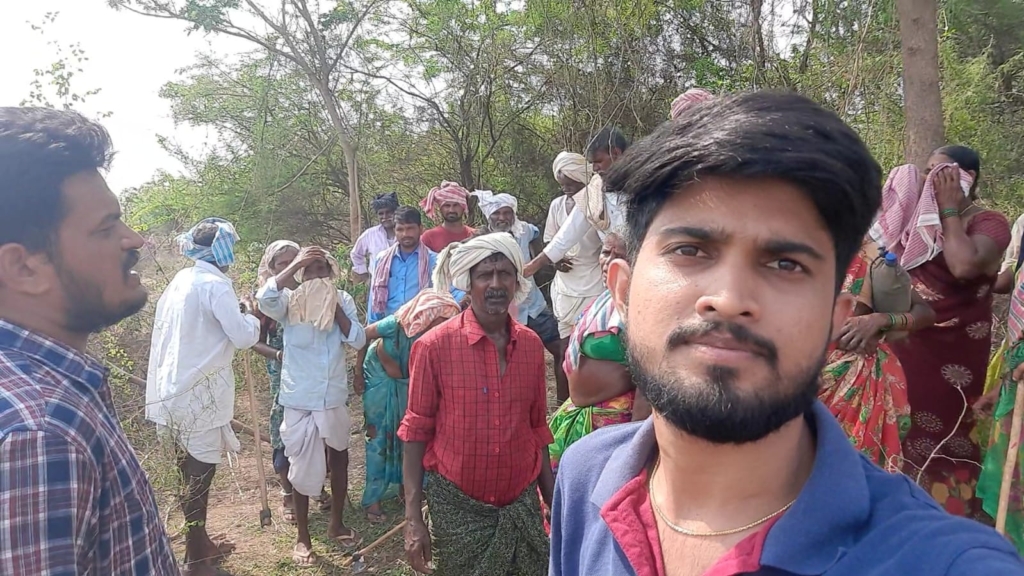
College was everything I had hoped for—labs, field visits, and long discussions about crops, soil quality, and sustainable farming. But my real learning happened outside the classroom. In my fourth year, I was sent to a rural village called Maka in Maharashtra as part of my coursework. I stayed with an elderly mango farmer who had never been to school, yet he had knowledge that went beyond textbooks.
One day, he showed me something that left me amazed—a motorbike he had modified to distribute vermicompost efficiently. He had created a solution that was both practical and eco-friendly, but no one had documented his work. He had no platform to share his knowledge, no way of letting others learn from him. That moment stuck with me. I realised that farmers weren’t just struggling with resources—they lacked access to the right networks, the right information, and recognition for their ideas.
I knew then that I didn’t just want to work in agriculture. I wanted to build something that would actually help farmers.
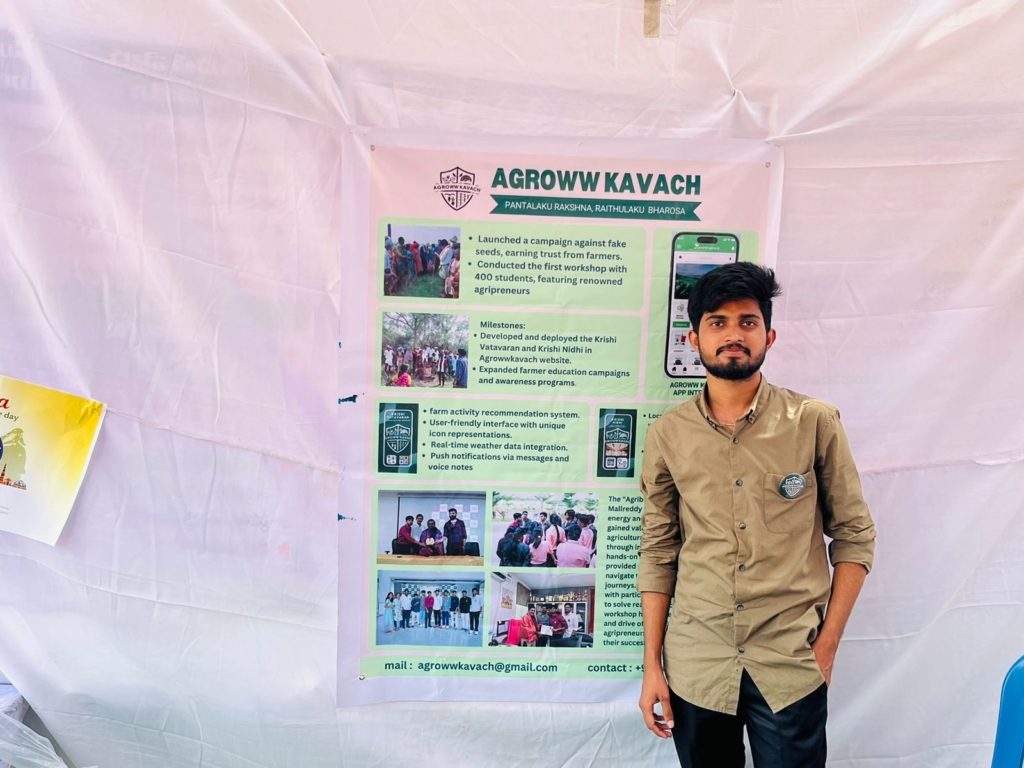
In 2024, I launched Agroww Kavach, an e-commerce platform focused on selling pheromone traps—an eco-friendly alternative to chemical pesticides. It started as a simple idea, but it quickly gained traction. Farmers started reaching out, placing orders, and asking for guidance.
As I travelled across different states and met over 2,000 farmers, I realised the problem was bigger than I had thought. It wasn’t just about pest control—farmers were being misled. Local shops were selling them fake or illegal pesticides, and without proper knowledge, they were unknowingly harming their own soil, their crops, and in some cases, even their health. They weren’t at fault; they just didn’t have the right guidance.
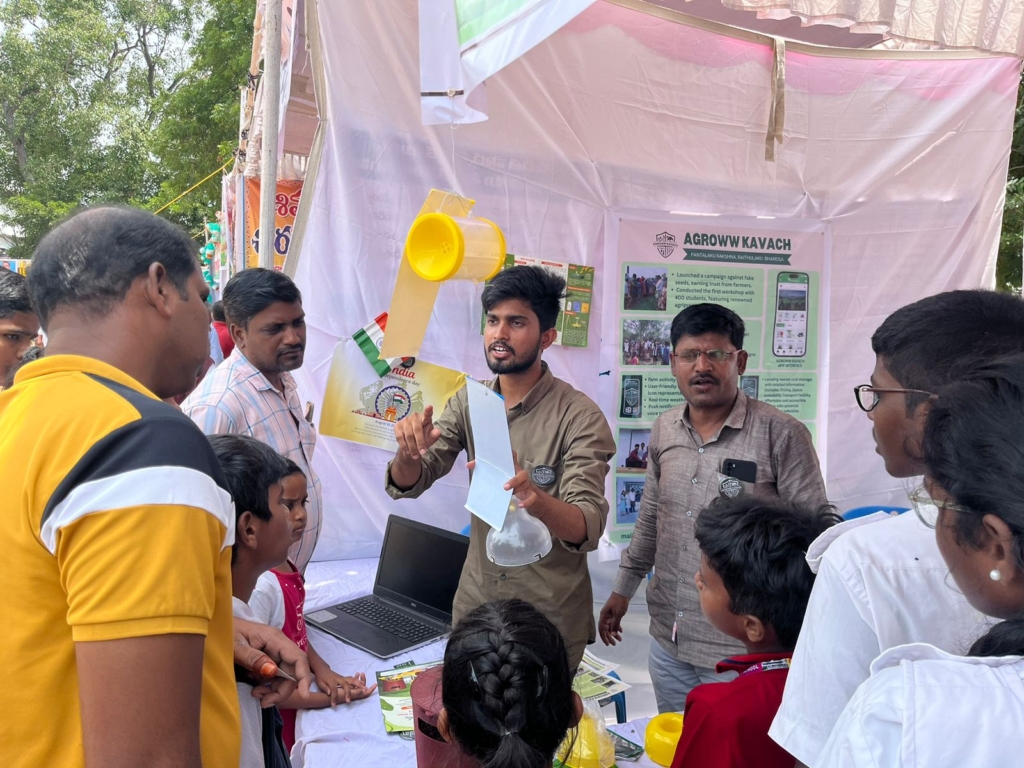
I knew then that Agroww Kavach couldn’t just be a company that sold products—it had to be something more.
We expanded into consultation services, helping farmers understand fertilisers, pest control, and organic alternatives. But while we were passionate, we were still fresh graduates. So, we partnered with Krishi Vigyan Kendras (KVKs) to ensure that the advice we gave was backed by solid research and scientific knowledge. The goal was never to tell farmers what to do—it was to help them make informed choices.
Around this time, I noticed something else that bothered me. A lot of agriculture students didn’t want to work in the field. Despite spending years studying agriculture, many preferred office jobs over actually engaging with farmers. The very people who had the potential to bring change were hesitant to step forward.
That’s when I decided to do something about it.
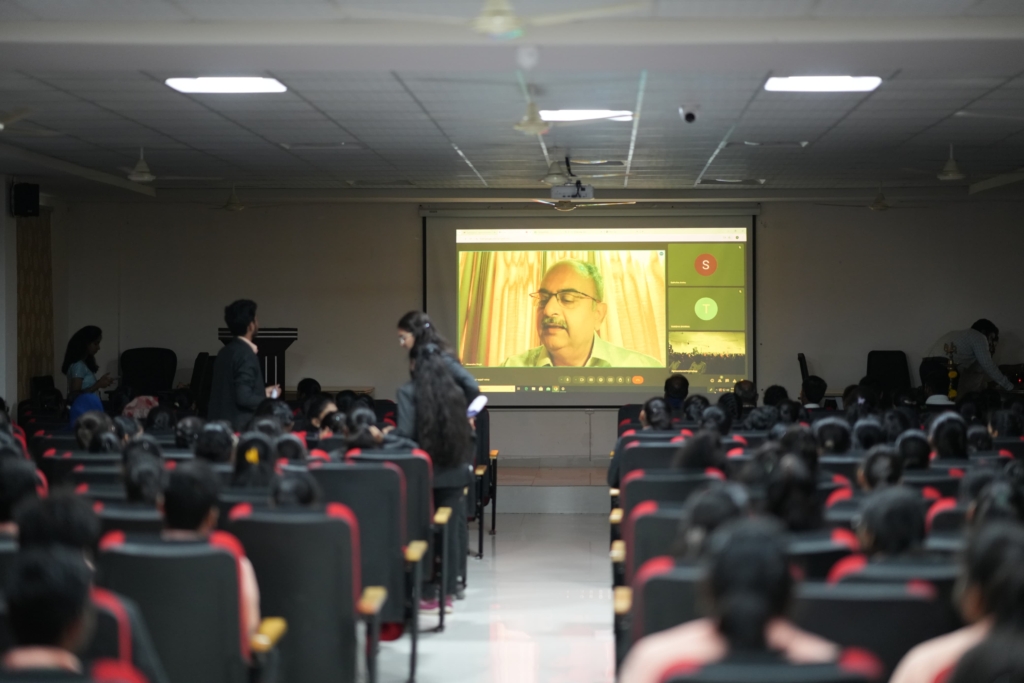
I organised a workshop at Mallareddy University on agricultural entrepreneurship, and over 500 students attended. We brought in startup founders, industry leaders, and even the CEO of E-NAM to talk about the future of agriculture. But the real impact came from the “Agro Tank” pitch competition, where students presented their own business ideas. For the first time, many of them saw agriculture as a space full of innovation and opportunity, rather than just tradition.
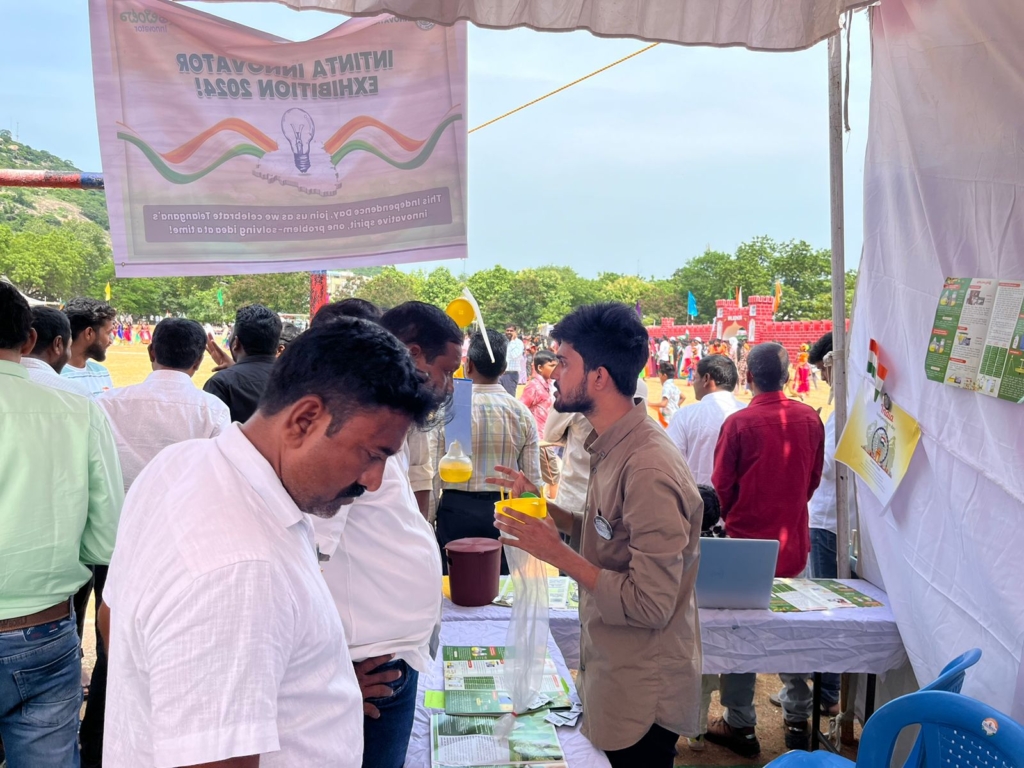
Despite Agroww Kavach’s success, I faced a major challenge—funding. Investors approached me, and one even offered to buy Agroww Kavach entirely, with a lucrative salary if I worked under them. I refused. This wasn’t about money; this was my mission.
But financial pressures were real, and my family, concerned about my future, suggested I pursue higher studies as a backup. I agreed—not as an escape, but as a way to learn, grow, and reinvest in my startup. I secured admission for a Master’s in Food Innovation at the University of Greenwich. Soon, Agroww Kavach caught the university’s attention, and they offered me business training, mentorship, and funding opportunities.
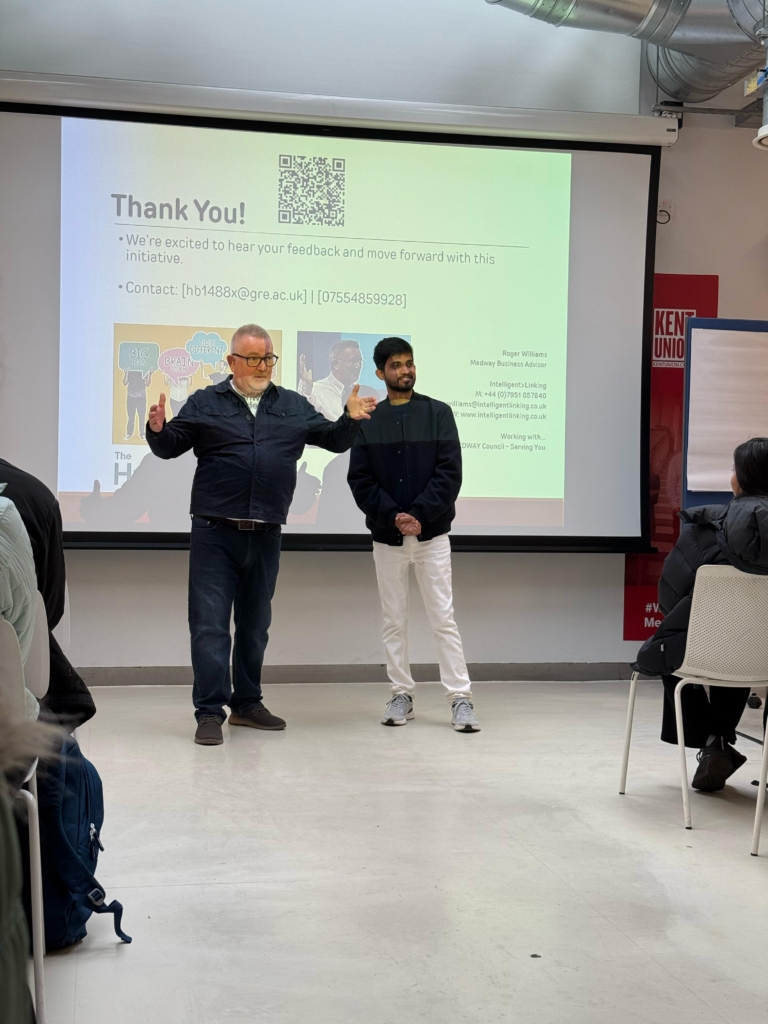
Around the same time, student elections were happening at the university. My friends encouraged me to stand for the position of GSU Officer, representing over 30,000 students. I contested, won, and now work alongside the Vice-Chancellor, advocate for students, and even engage with the U.K. Parliament on policy matters. My family, once worried, now fully supports me.
Meanwhile, back in India, my team is working on our biggest project yet—a mobile app designed to make agricultural information more accessible. Many farmers struggle with complex technical details, so we’re simplifying it. Instead of lengthy texts, the app will use emoji-based notifications in multiple languages, guiding farmers on when to apply fertilisers, when to use pesticides, and how to adapt to weather conditions. Everything they need—right at their fingertips. We’re expecting to launch the app in a month, and I can’t wait to see how it transforms farming practices.
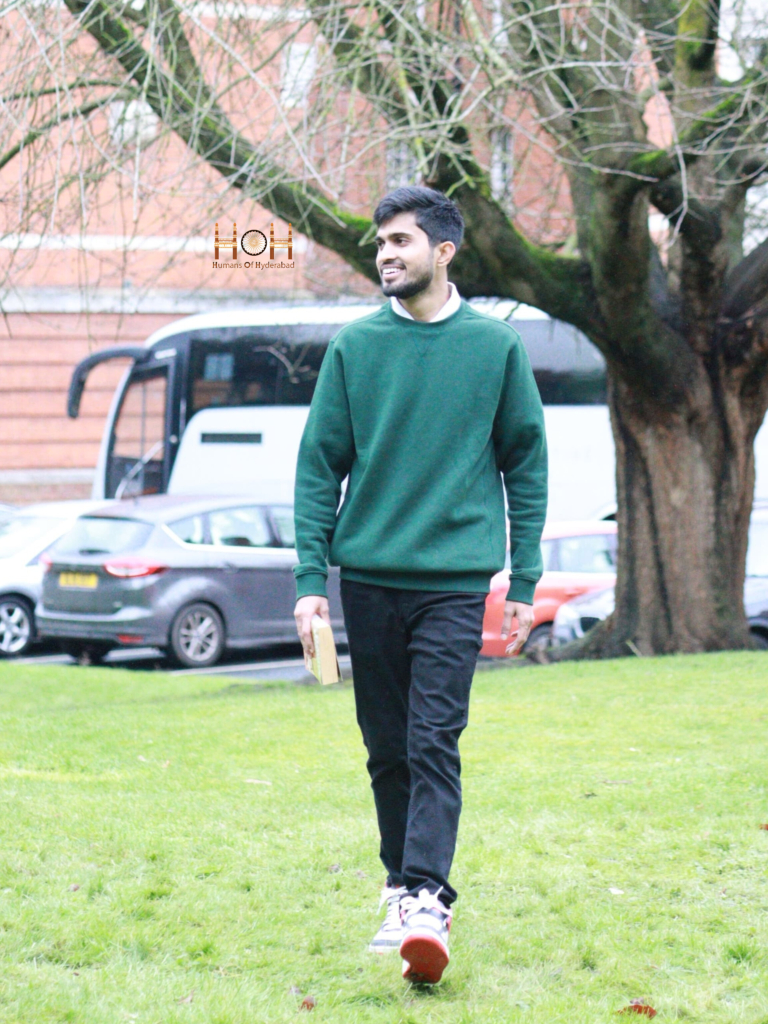
Looking back, what started as a simple realisation about farmers’ struggles has turned into a full-fledged movement. The journey hasn’t been easy, but if there’s one thing I’ve learned, it’s that change happens when you step up, take risks, and refuse to give up on what truly matters.
And one more thing—if you’re a student coming abroad to study, try not to get trapped in just part-time jobs that don’t align with your future. I understand the pressure, but whenever possible, choose opportunities that help you grow in the direction of your education and interests. Whether it’s volunteering, research work, student leadership, or internships—look for what adds meaning to your journey. It makes a big difference in the long run.
– Hari Prasad Bodupally, Founder, Agroww Kavach
